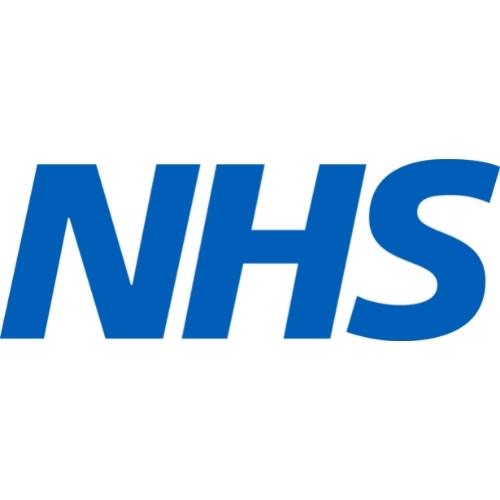Key points from article :
A potential cure for the blood disorder beta thalassemia, a condition that affects red blood cells and their ability to carry oxygen throughout the body, is now being offered on the NHS in England. This revolutionary treatment harnesses the power of gene-editing technology, known as Crispr, to modify a patient's own stem cells.
Individuals with beta thalassemia face a lifelong struggle, often requiring frequent blood transfusions to manage their condition. The new gene therapy aims to liberate patients from this dependence by enabling their bodies to produce healthy red blood cells independently. Essentially, it’s like providing the body with a corrected blueprint for making hemoglobin, the crucial protein responsible for transporting oxygen.
The procedure itself involves extracting stem cells from the patient’s bone marrow and sending them to a specialised laboratory. There, scientists utilise Crispr to precisely target and modify a specific genetic switch. This switch, when disabled, triggers the production of fetal hemoglobin, a type of hemoglobin typically only present before birth. Remarkably, fetal hemoglobin remains unaffected by beta thalassemia.
Once the stem cells have undergone this genetic modification, they are reintroduced into the patient's body. However, before this can occur, the patient undergoes a course of chemotherapy to eliminate the existing, faulty stem cells.
Though the treatment presents challenges, early clinical trial results are incredibly encouraging. A significant majority of patients who received this therapy have been able to forgo blood transfusions for over a year. While the long-term implications remain to be seen, this development represents a beacon of hope for those grappling with beta thalassemia.
The therapy, known as Casgevy, comes with a hefty price tag, but the NHS has successfully negotiated a reduced cost to make it accessible to eligible patients. It's worth noting that this innovative treatment marks the first approved therapeutic application of Crispr technology, paving the way for potential breakthroughs in treating other genetic disorders in the future.






